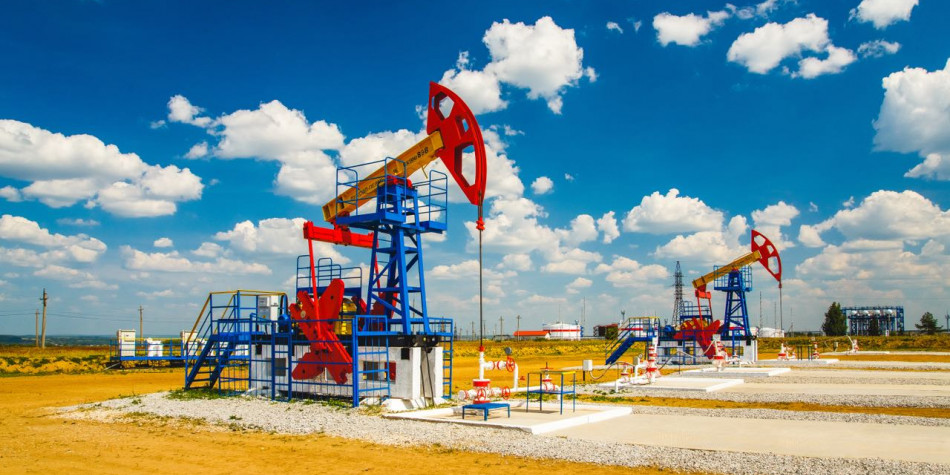
Most of the oil fields of the Russian Federation and the near abroad are in the late stages of development, which increases the likelihood of
the occurrence of complications during extraction. One of these complications is organic deposits on the equipment and walls of the well, in particular paraffins. Now the engineering and technical staff of mining enterprises manually regulates the operation of well cleaning equipment from organic deposits. The need for such operations significantly increases the cost of operation and maintenance of equipment.
— To solve the problem of paraffin deposition on the walls of the well, wellhead reagent supply units, heating cables or column cleaning devices are used. Therefore, additional equipment is installed on complicated wells, the operation of which is manually regulated. In addition, the optimization of wells is complicated by the fact that they are not located separately, but in groups — bushes. Because of this, the condition of one well affects the entire system, and additional field equipment is installed at each well," says Kirill Vyatkin, head of the sector of the Scientific and Educational Center for Geology and Development of Oil and Gas Fields of the Faculty of Mining and Petroleum, assistant of the Department of Oil and Gas Technologies of Perm Polytechnic University.
Researchers from Perm Polytechnic University have developed algorithms that allow combining this equipment into a common system. They will help not only to reduce the share of manual control, but also to increase the energy efficiency of oil production, reduce the risks of accidents at wells and reduce maintenance costs.
Automation of the use of equipment to combat the deposition of paraffins is based on the dynamics of the parameters of the well, and the algorithm for maintaining the optimal mode of operation of the well when shutting down other wells of the bush is based on measurements of linear pressures.
Also, if there is enough data, you can add a machine learning element to the control system to detect the formation of organic deposits at an early stage.
The developed algorithms can be integrated into the surface control units of the well and auxiliary equipment. On the territory of the Perm Region, for example, more than 99% of wells are operated in a mechanized way, so the use of the proposed algorithms will significantly increase the efficiency of their work.
The study was published in the journal "Proceedings of Tomsk Polytechnic University. Georesources Engineering" (vol. 333 No. 10, 2022). It is made in
within the framework of the priority scientific and technological project "Technologies for increasing the oil recovery coefficient for hard-to-recover reserves" with the financial support of the Ministry of Science and Higher Education of the Russian Federation.


